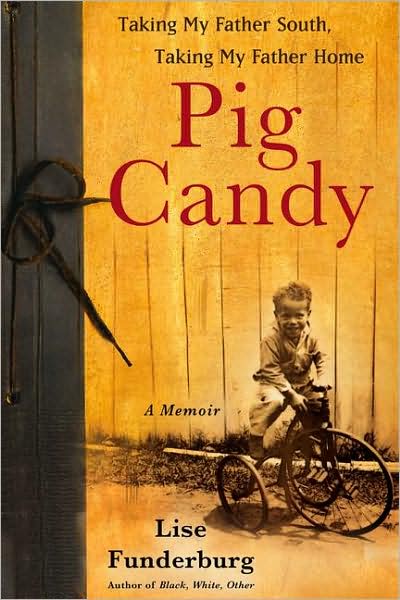Coming Out As Black, When You Were Hispanic
Tell Me More
National Public Radio
2013-06-06
Celeste Headlee, Guest Host

High school senior Elaine Vilorio wrote that she started seriously contemplating her blackness when she stopped straightening her hair.
Elaine Vilorio
Teen Elaine Vilorio spent years trying to make sense of her racial identity. She describes herself as Hispanic, but other people see her as black. Vilorio speaks to guest host Celeste Headlee about her recent HuffPost Teen blog, ‘Coming Out As Black.’
This is Tell Me More from NPR News. I’m Celeste Headlee. Michel Martin is away. Coming up, a celebrity chef shares some tasty summertime recipes and juicy stories about his clients. But first, we’ll turn to the issue of race and identity. The question of, what am I, is one that a lot of teens ask themselves and the answer can be quite complicated for multiracial kids.
It’s something that Elaine Vilorio has thought a lot about. She’s a high school senior, originally from the Dominican Republic. Over the course of her life, people assumed she was black and that bothered her. But two years ago, after she stopped chemically straightening her hair, the change in her appearance made her rethink her roots. She wrote about that in a Huffington Post piece titled “Coming Out as Black,” and Elaine Vilorio is now here to tell us more. Welcome to the program, first of all.
ELAINE VILORIO: Thank you, I’m happy to be here.
HEADLEE: First of all, let me ask you, why did you phrase it that way, coming out as black?
VILORIO: Well, people have always asked me, you know, like you said, you know, if I was black consistently, and I’ve always denied that. So I thought that was a very fitting way, a very dramatic way to say that I finally have admitted, you know, this Afro identity, so to speak, when it’s always been there. Coming out, I finally can say it out loud, and I can finally explain to people, yes, I have African roots in me and that’s okay.
HEADLEE: Well, when you talk about racial identity, it’s something you’ve written about quite a bit as well.
VILORIO: Yes.
HEADLEE: What is racial identity for you? Is it about the way you see yourself or how others see you?
VILORIO: I mean, it’s a combination of both. I think people perceive me and they separate Afro-descendancy from, you know, the Hispanic identity. Hispanic identity doesn’t really take into account that African racial root. You know, I see myself as a predominantly black Hispanic. And then other people, you know, they just see a mixed person, just mixed. Blackness isn’t really, you know, acknowledged…
Read the transcript here. Listen to the interview here. Download the interview here.




